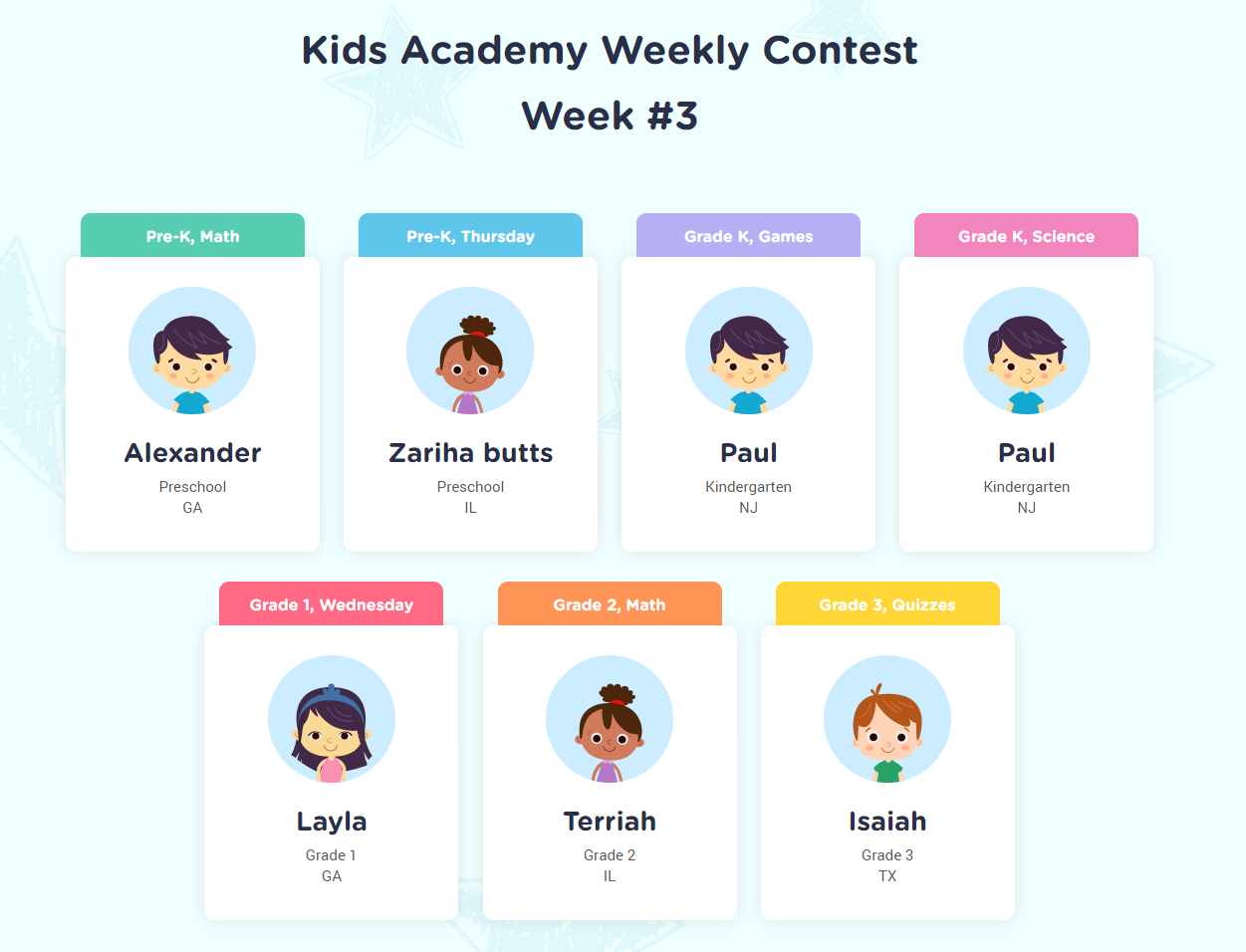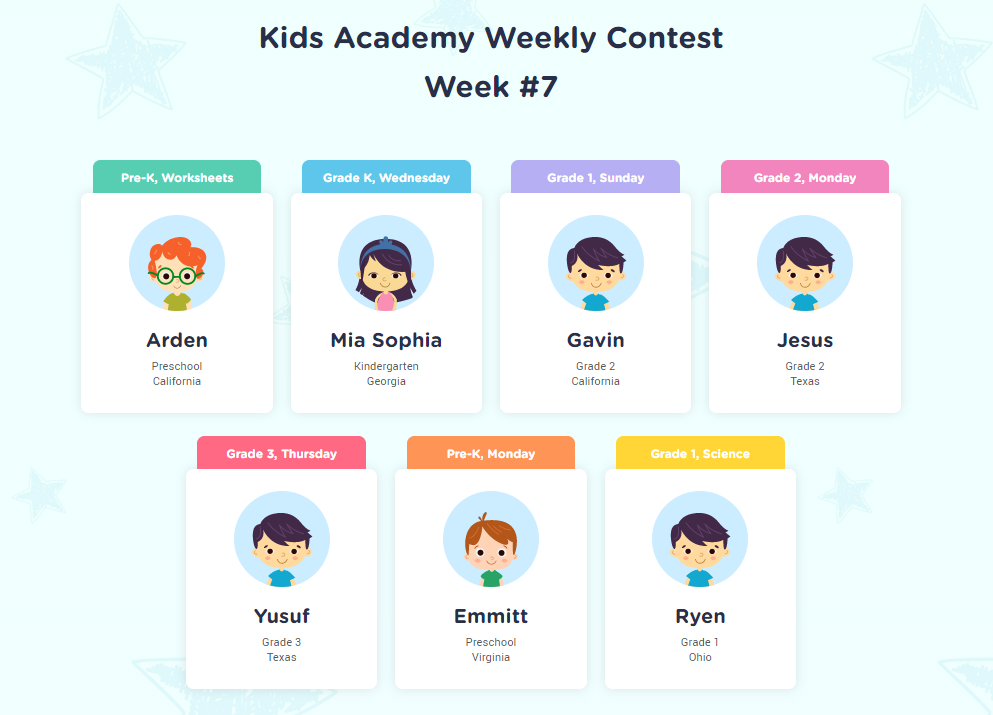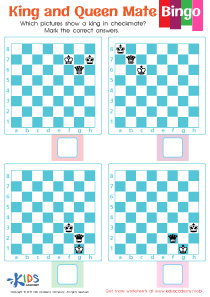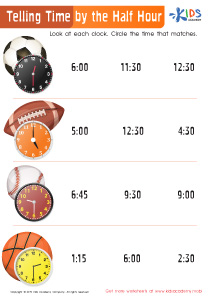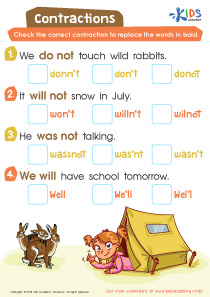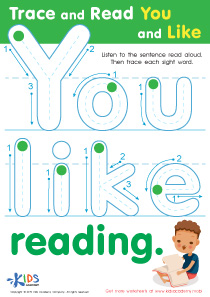Problem-solving practice Normal Grade 1 Chess Worksheets
3 filtered results
-
From - To
Discover our engaging Problem-Solving Practice worksheets designed specifically for Grade 1 students learning chess! These activities encourage critical thinking and enhance logical reasoning skills through fun chess scenarios. Each worksheet aims to develop young minds' ability to analyze problems, strategize solutions, and apply their knowledge of chess rules. Ideal for classroom use or at-home learning, our resources feature colorful illustrations and age-appropriate challenges that make mastering chess concepts enjoyable. Support your child's cognitive growth while introducing them to the world of chess with our comprehensive collection of problem-solving practice worksheets tailored for first graders. Start their chess journey today!
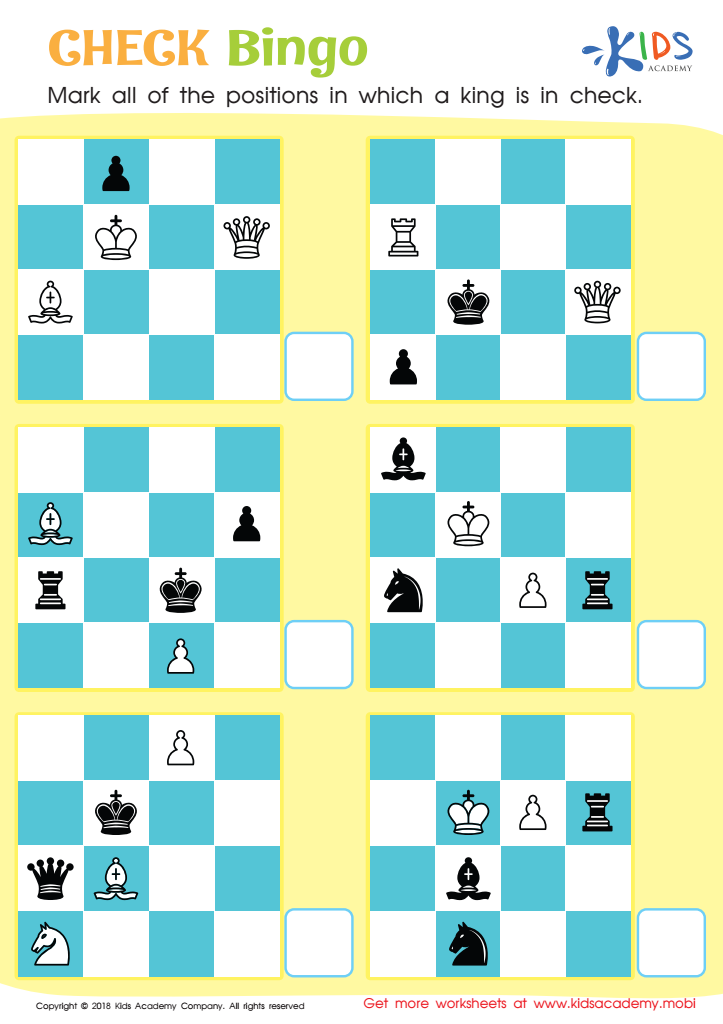

Check Bingo Worksheet
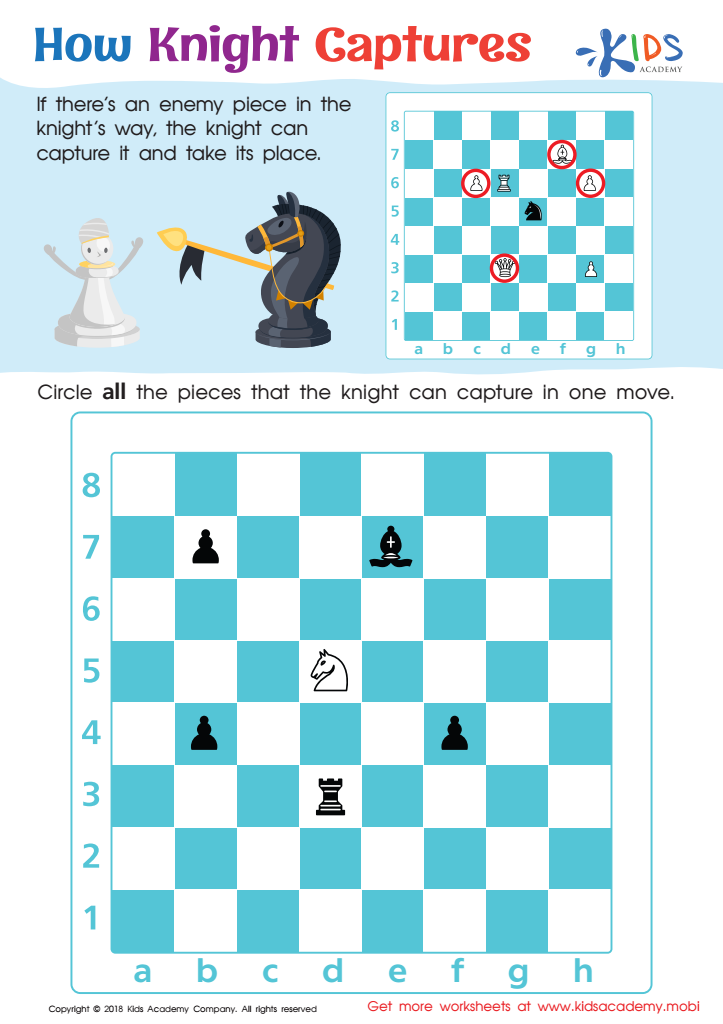

How Knight Captures Worksheet
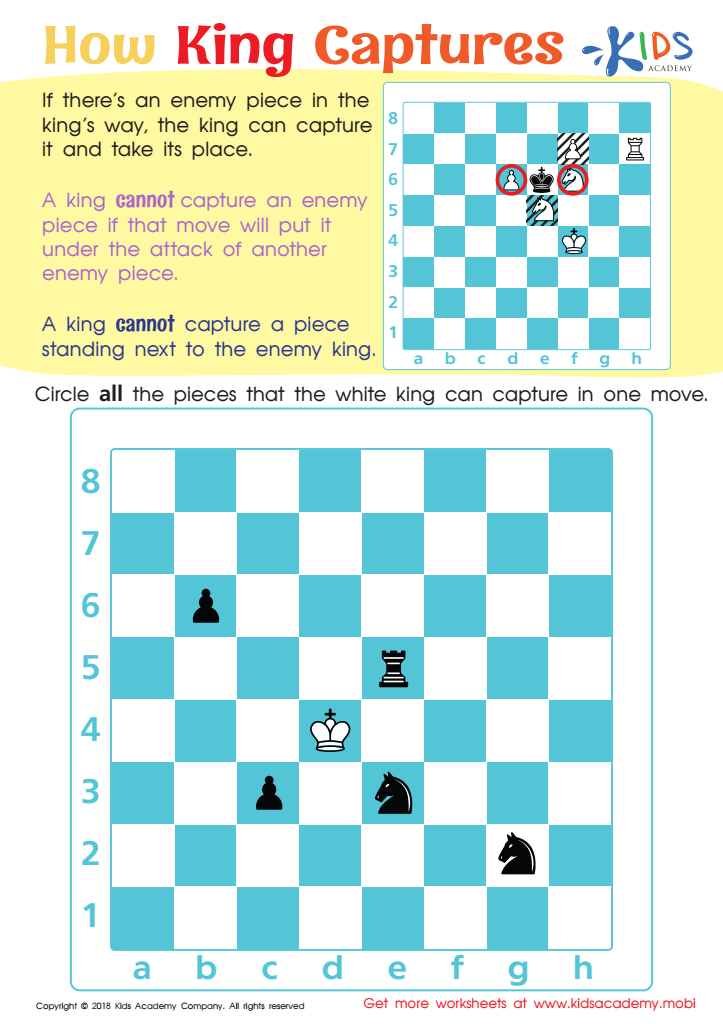

How King Captures Worksheet
Problem-solving practice in Grade 1 chess is essential for fostering critical thinking and cognitive development in young learners. At this early stage, children are naturally curious and eager to explore, making it an ideal time to introduce skills that enhance their problem-solving abilities. Chess teaches children how to think strategically, anticipate consequences, and make decisions based on logic rather than impulse.
Engaging with chess helps improve concentration and focus, as players must constantly assess their position and strategize moves. Furthermore, it promotes patience and perseverance; learning that every decision has its consequences essential for growth in both chess and real-life scenarios. Parents and teachers should recognize that practicing problem-solving through chess promotes a growth mindset, encouraging children to value effort and learn from mistakes.
In addition, incorporating chess into the curriculum can enhance social skills, as it often requires children to play with peers, adhere to rules, and exhibit good sportsmanship. Ultimately, problem-solving practice in chess not only enriches cognitive abilities but also aids in social and emotional development, making it a valuable tool for creating well-rounded individuals. By championing these practices, parents and teachers contribute to a more comprehensive educational experience that extends beyond traditional academics.
 Assign to My Students
Assign to My Students






